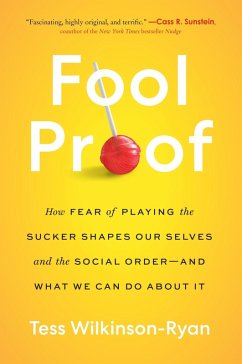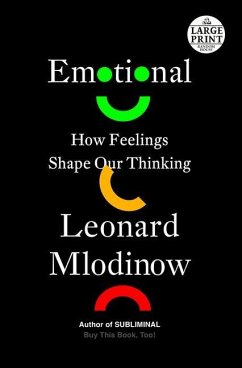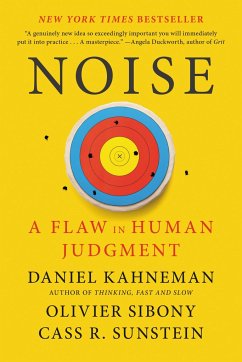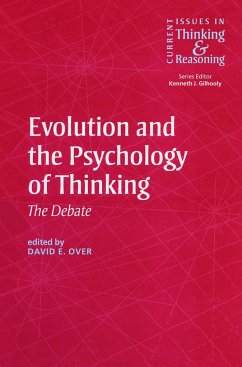
Moral Psychology
A Contemporary Introduction
Versandkostenfrei!
Versandfertig in über 4 Wochen
59,99 €
inkl. MwSt.
Weitere Ausgaben:

PAYBACK Punkte
30 °P sammeln!
This is the first philosophy textbook in moral psychology, introducing students to a range of philosophical topics and debates such as: What is moral motivation? Do reasons for action always depend on desires? Is emotion or reason at the heart of moral judgment? Under what conditions are people morally responsible? Are there self-interested reasons for people to be moral? Moral Psychology: A Contemporary Introduction presents research by philosophers and psychologists on these topics, and addresses the overarching question of how empirical research is (or is not) relevant to philosophical inqu...
This is the first philosophy textbook in moral psychology, introducing students to a range of philosophical topics and debates such as: What is moral motivation? Do reasons for action always depend on desires? Is emotion or reason at the heart of moral judgment? Under what conditions are people morally responsible? Are there self-interested reasons for people to be moral? Moral Psychology: A Contemporary Introduction presents research by philosophers and psychologists on these topics, and addresses the overarching question of how empirical research is (or is not) relevant to philosophical inquiry.













